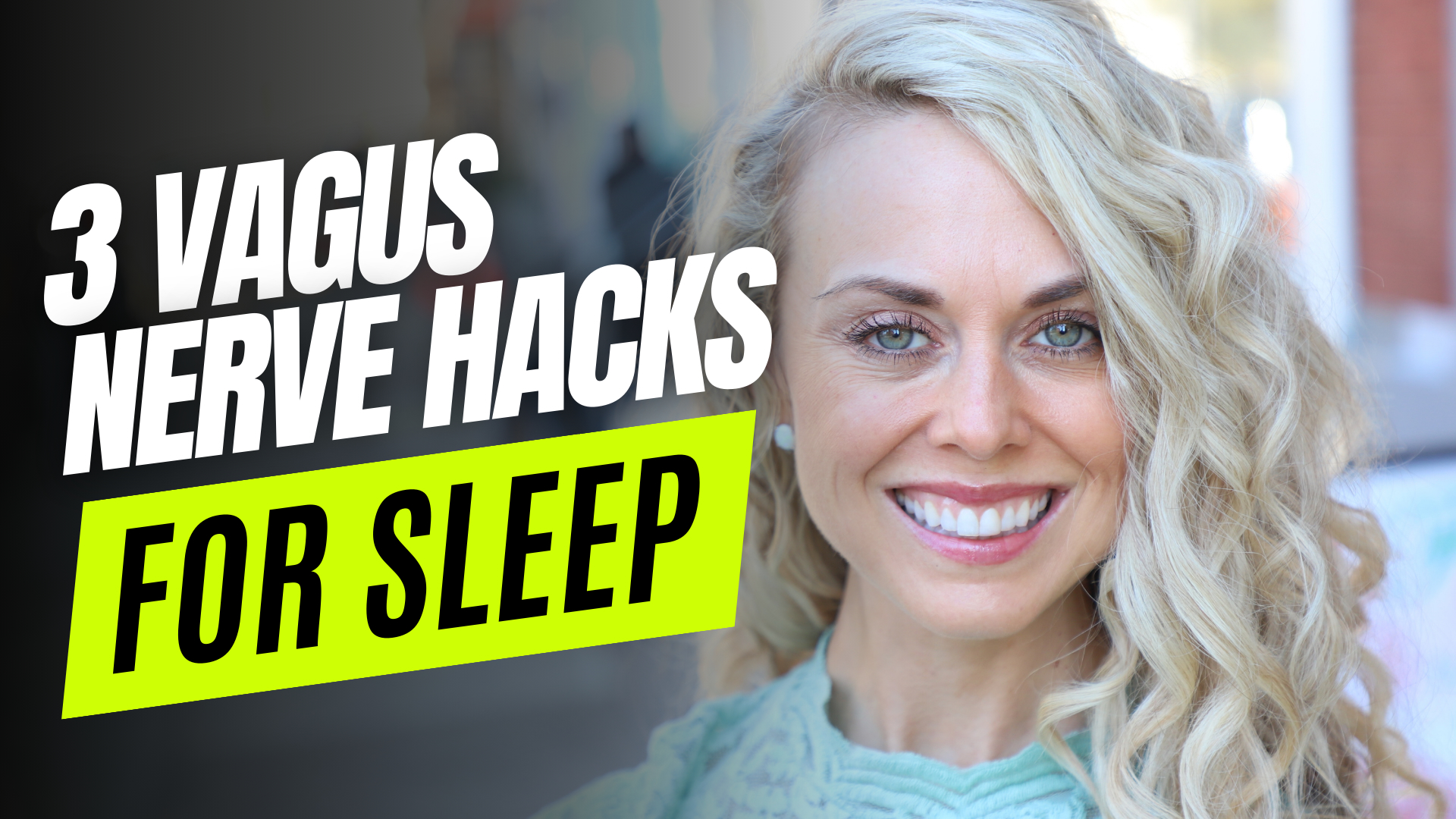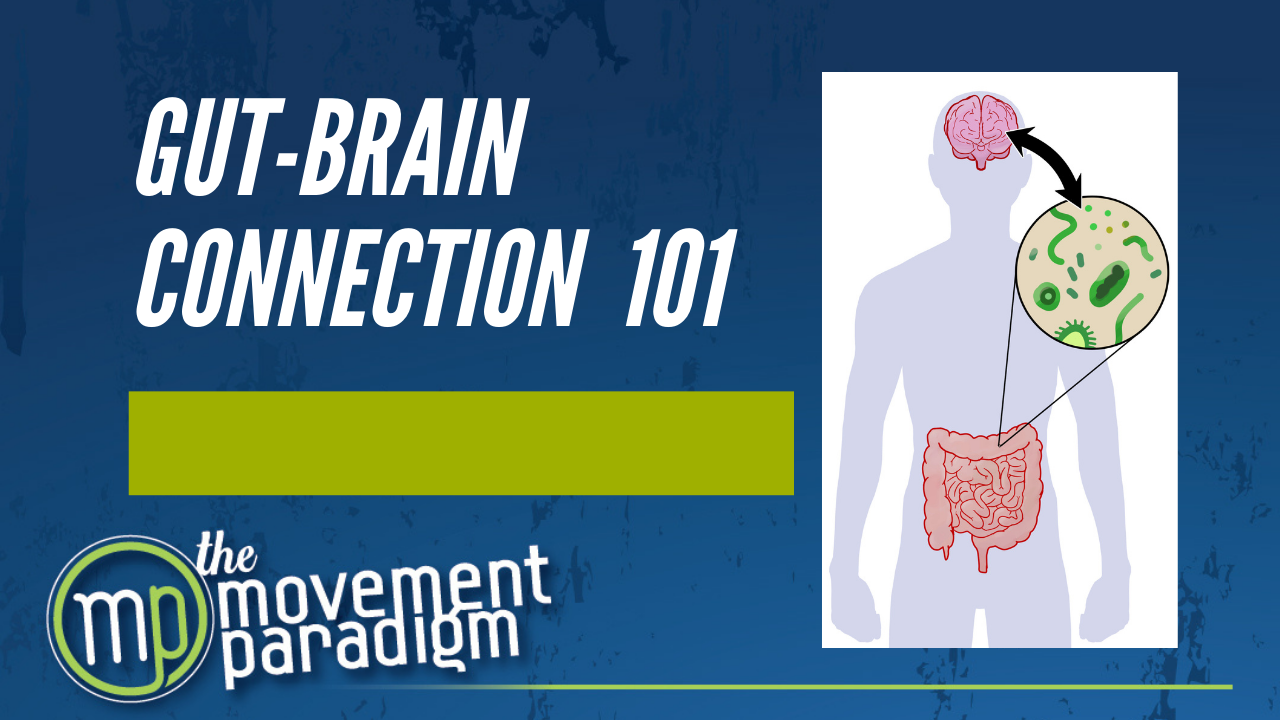Do you have trouble falling asleep or staying asleep? Do you have trouble losing weight or feel groggy in the morning? If you do, you should definitely read this.
Here are seven important tips on how to improve your sleep habits.
- Minimizing or Avoiding Stimulants
Do you want to take a guess of what the biggest offender is?… drumroll… alcohol. It’s important to limit alcohol within three hours of going to bed because it is something that will negatively impact the quality of your sleep. Even though you might be asleep for seven hours, it doesn’t mean that you are getting the proper REM and deep sleep that you need. Have you ever woken up after a night drinking and felt a little crappy, under the weather, with a little brain fog? That’s the effects of alcohol.
Decrease TV and phone time! If you are using blue light, please consider wearing blue light blockers after 7 pm. Otherwise, this can be a huge stimulant. See number three for planning and preparation.
Third, consuming caffeinated beverages after two o’clock such as soda, coffee, or iced tea can contribute to restless nights. You also want to limit any type of decongestants or other cold medicines because they act as stimulants.
Lastly, you want to try to limit aerobic exercise after six o’clock, or at least three hours before bed time.
These are all things that can keep you awake or prevent you
from going to sleep in the first place.
2. Decrease Nighttime Tension and Anxiety
First, avoid any anxiety-provoking or stimulating activities before bed. Some examples of these activities are watching the news, having an argument with your child or spouse, doing financials, reading the stocks, etc.
The more you perseverate on what you need to do the next day, the more stressed you become, followed by a rise in cortisol levels. Also, try to limit negative judgments associated with not being able to go to sleep. If you feel like you can’t go to sleep, and you keep having thoughts about why you can’t go to sleep, then that will also feed into the inability to fall or stay asleep. When you start to have those thoughts, try taking some diaphragmatic breaths and remind yourself that there is nothing that can’t wait until tomorrow.
3. Planning and Preparation
The most important aspect of preparing for sleep is developing some type of ritual before bed. We know that the amount of sleep is really important and it’s a little bit different for each person. However, you do want to think about allotting for eight to nine hours of time in bed, although all of that will not be actual sleep time. So, when you are preparing your schedule keep that in mind so you can strive to prepare for that amount of time in bed.
Another thing to plan for is preparing for sleep about 30 minutes before bed with something that will relax your nervous system. This could be done by breathing, meditation, yoga, reading, essential oils, taking a bath with Epsom salt, etc. So, there’s lots of options and you just need to figure out what is best for you.
You also want to think about finishing eating within three hours
of bed time. The late-night snacking is not ideal because your body is trying
to digest, which is a huge metabolic process, while you’re trying to rest, regenerate,
and repair. It’s really challenging to do both of those things at the same
time.
Overall, just think about preparing your body to relax, so
you can calm your nervous system. Epsom salt baths and lavender can be really
powerful for that.
4. Strategies to Use with Trouble Falling Asleep or Staying Asleep
These strategies can be very beneficial and it doesn’t matter who you are, what age you are, or the reason for your ability to not be sleeping. These are all universal.
If you wake up in the middle of the night and you’re up for 20 to 30 minutes, then you want to actually get out of bed. Go into another room, perhaps a relaxing room and do something calming. That could be breathing, meditating, journaling, or write down what you’re experiencing in that moment. Try to down-regulate (i.e. relax) your system and then return back to sleep.
If your beloved partner is snoring, consider ear plugs to prevent you from awakening.
Drinking water before bed is almost a sure way to wake up in the middle of the night to urinate. Try to limit within an hour of bed.
Another strategy is to make don’t have any EMF within eight
feet of you, which includes your phone, tv, etc. This will help you get good
quality sleep.
5. Light, Noise, Temperature, and the Environment
Try to keep your room as dark as you possibly can. You can use dark window shades and block out any lights that are showing in your room. Also, keep your room cool. Electric blankets, for example, can cause you to wake up very hot and frequently during the night.
6. Bedding and Pillows
As it relates to bedding, think hypoallergenic. Also, the appropriate amount of pillows is important. If you’re a side sleeper, for example, make sure you have enough support for your neck so that you’re not in an uncomfortable position that causes pain. If you have bursitis in your hip and it’s difficult to lay on your hip, roll away from the hip so there’s not as much contact there. And of course, if you have pain anywhere, see a physical therapist!
7. Supplements
Melatonin is the most commonly prescribed over-the-counter sleep supplement. One to five milligrams can be taken to fall asleep, and/or you could take five to 20 milligrams of time-release melatonin to stay asleep. Taurine and magnesium can also be beneficial. There are calming herbs like ashwagandha that can help decrease cortisol. Also, drinking herbal teas before bed can be very beneficial.
Summary
These are seven tips that can really help you get that quality sleep you deserve. Just like anything else, start small. Choose one or two things out of this list and work on them until they become a habit.
If you are interested in feeling your best and you need help, reach out to schedule an appointment to get you started on your journey.
Reach out for a 15-minute FREE discovery session to see how we can help you on your journey.
For more content, make sure to subscribe to my YouTube channel here.
Other things that may interest you:
Top 5 Vagus Nerve Hacks to Help You Relax and Restore
How to Map Your Own Nervous System: The Polyvagal Theory
Photo by Vladislav Muslakov on Unsplash




